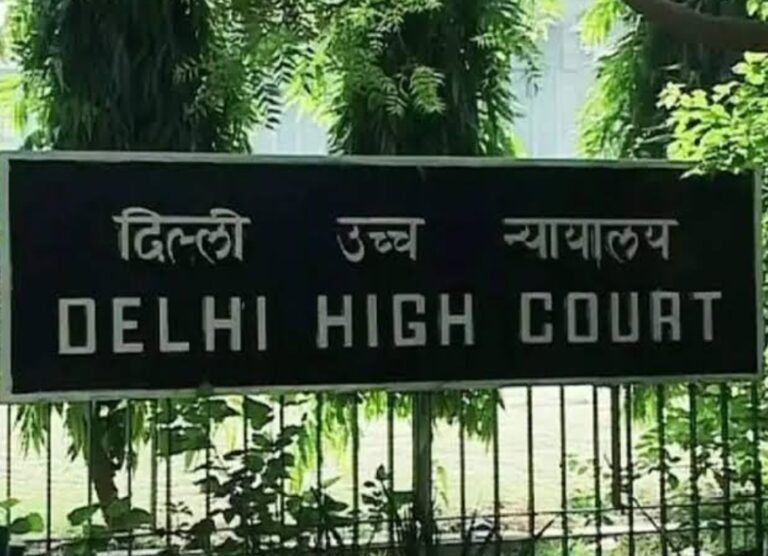In a significant development that reinforces the importance of due process, the Madras High Court has set aside a GST demand order issued against a private construction company, citing a clear violation of the principles of natural justice. The case pertains to a GST demand issued under Section 74 of the Central Goods and Services Tax (CGST) Act without duly considering the company’s request for an adjournment of the personal hearing.
Background of the Case
The petitioner, a private entity engaged in construction works and contract-based services, came under the scanner of the GST authorities following a surprise inspection conducted in January 2024. During the inspection, discrepancies were reportedly identified in the input tax credit (ITC) availed and the turnover declared by the company in its GST filings.
Following the inspection, the department issued a show-cause notice highlighting the alleged irregularities. Subsequently, a reminder notice dated July 19, 2024, was served to the company, scheduling a personal hearing on July 26, 2024.
Company’s Request for Adjournment Ignored
In response to the reminder notice, the petitioner promptly submitted a formal request for adjournment, citing the need for additional time to prepare and file a comprehensive reply supported by necessary documents. Despite this valid request, the State Tax Officer-1 (Inspection), Trichy Division, proceeded to issue the GST demand order without granting the petitioner an opportunity to be heard.
High Court’s Intervention
Challenging the arbitrary demand order, the company filed a writ petition before the Madras High Court. Justice Vivek Kumar Singh, who presided over the matter, emphasized that the action of the tax authorities amounted to a denial of fair opportunity and violated the fundamental principles of natural justice.
The court observed that passing a final order without considering the petitioner’s legitimate request for adjournment undermines the essence of fair administrative action.
Order Set Aside, Fresh Hearing Directed
In his ruling, Justice Singh quashed the impugned GST demand order and remitted the matter back to the jurisdictional GST authorities for fresh adjudication. The court directed the petitioner to submit a detailed reply along with relevant supporting documents within one week from the date of the order.
Furthermore, the authorities were instructed to:
- Grant a personal hearing to the petitioner,
- Examine the documents and submissions thoroughly,
- And issue a reasoned and speaking order in accordance with law, within three weeks thereafter.
Legal Significance
This judgment serves as a critical reminder to tax authorities across the country to adhere strictly to procedural fairness and uphold the taxpayer’s right to a fair hearing. It underscores that any administrative order that fails to consider legitimate procedural requests may not stand judicial scrutiny.
Conclusion
The Madras High Court’s decision in this case reinforces the judicial commitment to ensuring transparency, accountability, and procedural fairness in tax administration. Taxpayers and businesses should take note of this precedent, which highlights the vital importance of safeguarding one’s legal rights through timely and appropriate legal remedies when faced with arbitrary or unjust tax proceedings.
